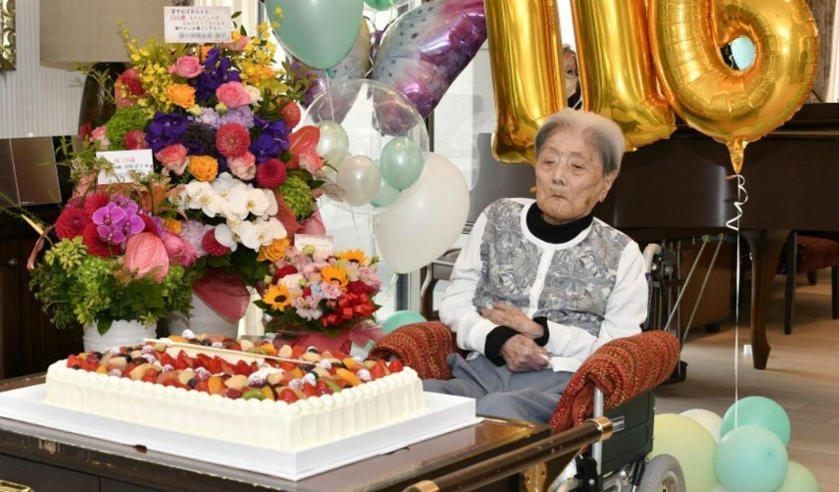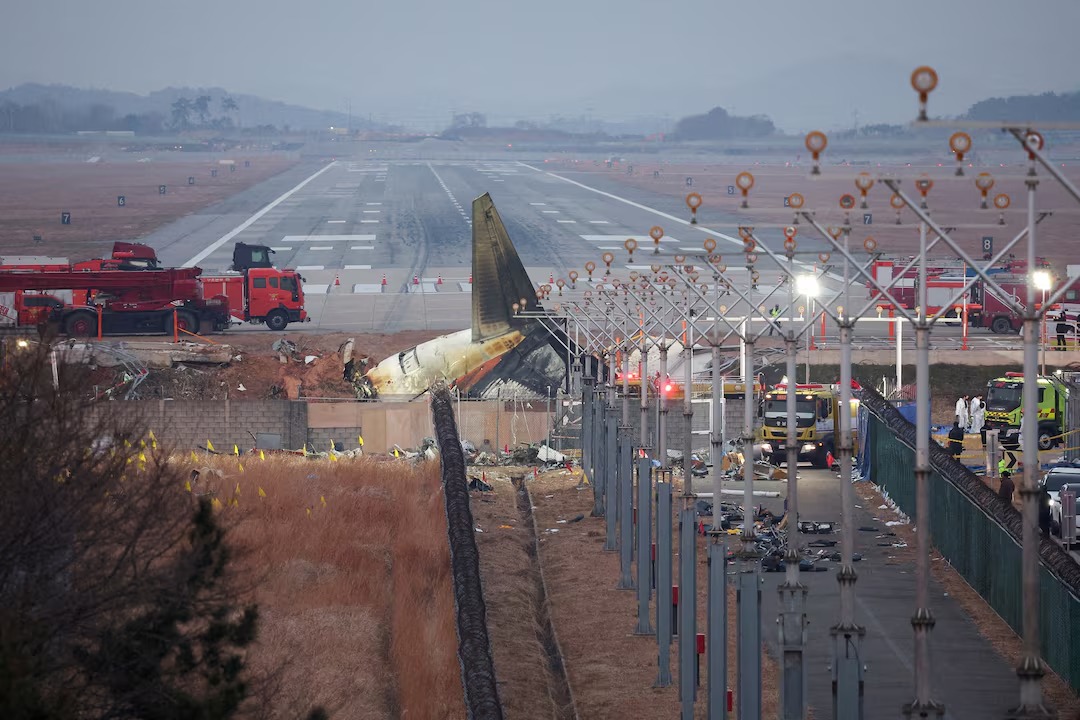In Japan, the young find dating so hard their parents are doing it for them
It’s a steamy summer afternoon in the Japanese city of Osaka, where a group of around 60 men and women have gathered for a session of “omiai,” or matchmaking, to find true love.
They mingle away, hopping from one end of the conference room at the Sakai Chamber of Commerce building to another as they assess potential matches – and the competition.
But this is no ordinary speed-dating event.
Few of the participants are talking about their favorite hobbies, movies or restaurants, or indeed, even about themselves. They are talking about their grown-up, still single children who they are hoping to match up and marry off.
One woman, in her 60s, speaks proudly of her 34-year-old son, a public elementary school teacher. A man in his 80s talks affectionately about his career-minded son, 49, who works as a controller at an electric company.
Each of the parents has forked out 14,000 yen ($96) to attend this event, hosted by the matchmaking agency Association of Parents of Marriage Proposal Information. And they are all hoping to meet someone just like them; a parent whose still single daughter or son might be the perfect match for their own lonesome child.
It’s not that Japan, a notoriously work-obsessed nation where time is at a premium, hasn’t tried out the more direct approach to speed-dating, where the youngsters do it for themselves. It’s more that leaving the young to it doesn’t seem to be working.
With rising living costs, poor economic prospects and the demanding work culture conspiring against them, fewer Japanese today are opting to get married and have children. Their parents, alarmed at their diminishing chances of grandchildren, are stepping in.
“The idea that it is okay for parents to help their children get married in this way has become more widespread,” said the company’s director Noriko Miyagoshi, who has been organizing matchmaking events for almost two decades.
In the past people might have been ashamed of coming to these events, she added.
“But times have changed.”

















